African governments don’t seem to be showing commitment to the global decarbonisation agenda aimed at mitigating the impact of global warming and climate change, hence their common disposition in exploration of environmental resources for economic gains. Ugandan government under the leadership of Yoweri Museveni, has in recent time been in the news for using military forces to crack down on activists including environmentalist campaigners who speak against his policy of exploiting the East African nation’s natural resources like forest woods and oil deposits with no concern for the environmental impacts.
In this exclusive interview with Prime Business Africa’s VICTOR EZEJA, an Environment Activist and Director of Health of Mother Earth Foundation (HOMEF), based in Nigeria, Nnimmo Bassey, speaks about the gradual drift into anarchy by the Ugandan government through heavy handed acts on critics, higlighting environmental impacts of the activities of African governments generally, who appear not to key into the global temperature reduction agenda and image of the continent’s democractic system.
What do you think is responsible for Ugandan government’s crack down on civil society organizations generally, not just those focused on environmental resources, what does it say about the country’s democracy?
Join our WhatsApp ChannelUganda is a study in contradiction. The country has a president who could once have been referred to as a liberation fighter. After gaining power through the barrel of the gun, he eventually metamorphosed into an elected leader. Once elected into office, the issue appears to have been to stay in office by any means possible. At the last election the world witnessed very heavy handed acts against political opponents, including especially the charismatic 39-year-old Kyagulanyi Ssentamu popularly known as Bobi Wine.
Today the continued crackdown on human, environmental and social justice campaigners expose the current government as anti-democratic and negating the ideals on which platform the president fought into power 35 years ago.
From the ongoing repression in the country it appears that governance is currently on life support. A disturbing fact is that the examples set by President Museveni could trigger similar repressive actions in neighbouring countries. Harassing, intimidating and detaining human and socio-cultural rights defenders including those from AFIEGO send very wrong pictures of governance not just in Uganda but on the continent.
In an era when there is increasing awareness about the importance of conservation of environmental resources and emphasis on biodiversity to avert global warming and climate change, what does the government stand to gain in the long term given the way it’s exploiting the country’s natural resources?
It has been confirmed by the scientific panels of the United Nations, especially its Intergovernmental Panel on Climate Change (IPCC), that the world should halt the exploration for fossil fuels and at the same time agree that burning more than 60% of already known fossil fuel reserves will already bring about catastrophic global warming. Now, the facts are that Africa is warming faster than other regions, the oceans around Africa are equally warming at faster rates. We are experiencing more coastal erosion and more floods and droughts are on the way. The Paris Agreement has a target of 1.5C or “well below” 2 C temperature increase above preindustrial levels. The current Nationally Determined Contributions (NDCs) submitted by governments point to a temperature increase of 2.7C. That will spell death for Africa. Why should anyone allow actions that would even unfold worse scenarios.
Allowing fossil fuel extraction and continued deforestation imply further loss of biodiversity and greater threats of hunger, malnutrition and famine.
Crude oil has been found in Uganda and some other African countries. Massive deposits of the resource have also been found in the very sensitive Okavango Basin straddling Namibia and Botswana. North east Mozambique has become an insurgency hotspot partly due to the fossil gas found in the Delgado area. Extracting crude oil in Uganda has meant carrying out the harmful activity in previously protected areas around Lake Albert and others. Besides the impact on wildlife and sundry biodiversity, many communities have been displaced or impacted by the installation of pipelines, refinery and other facilities.
READ ALSO:Prowling Ugandan Forces Crack Down On Environment Activists
As is often the case with resource exploitation in Africa, the heavy Ugandan crude is to be ferried through a pipeline to an export terminal in Tanzania. The pipeline is the infamous East African Crude Oil Pipeline (EACOP) which is planned to cover a distance of 1445 km, passing through the Lake Victoria basin, which over 40 million people rely upon for drinking water and food production.
The oil is of the heavy variety and will require heating up at about 10 stations before reaching the export terminal. It poses great danger to local livelihoods along its path and would enable the export of crude oil that would bring on an additional 34 million tons of carbon per year and help usher in catastrophic climate change. The major proponents of the EACOP include the French oil giant, Total, the China National Offshore Oil Corporation, and others.
African governments appear to believe that they have a right to ignore the global need to urgently shift away from fossil fuels based energy because the global north used the resource in their industrialisation processes. The argument may sound cogent politically, but the reality is that it doesn’t make sense to insist on going into an addiction simply because other people had enjoyed a moment of exhilarating feelings from using the substances.
In the long term, what could be the impact of the government action both on the economy and its environment?
It is in the interest of Africa to ensure we are not left behind in the needed transition, especially seeing that continued investment in the sector will end up creating stranded assets as well as further impoverished and stranded communities. We should also note that the petroleum sector only employed 1% of Africa’s workforce, while less than 5% of the investments in the sector happen on the continent. This doesn’t speak of a sector that is deeply integrated to local economies.
Governments will be exposing our people to great risks if they insist on pushing the dirty energy paths. Our economies are better assured of growth with a protected biodiversity that boosts livelihoods and health. This is what supports our agricultural production and equally doubles as real climate action.

Is there any way the international community can intervene in the crisis?
The Africa Union has a duty to ensure that provisions of it’s African Charter on Human and Peoples Rights are respected. This is the minimum that we expect. Article 24 of the Charter provides that “All peoples shall have the right to a general satisfactory environment favourable to their development.”
The international community can also join in demanding for respect of the Universal declaration on human rights. African people can use these and other covenants to pressure errant African governments into refraining from denying the basic rights of the people.
Anything short of this is selling African people cheaply for abominable exploitation.

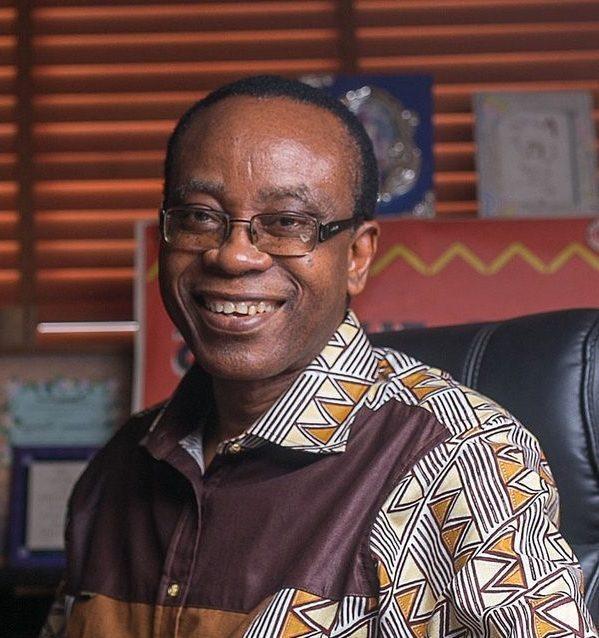


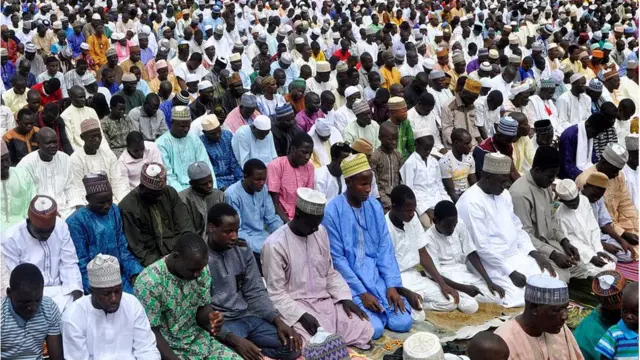
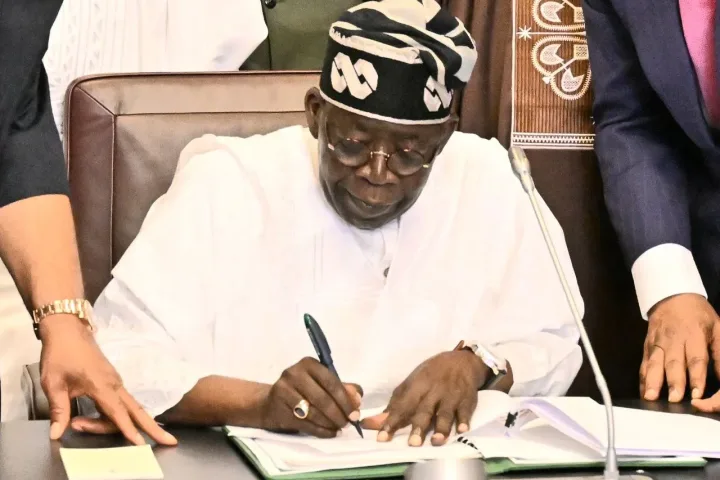
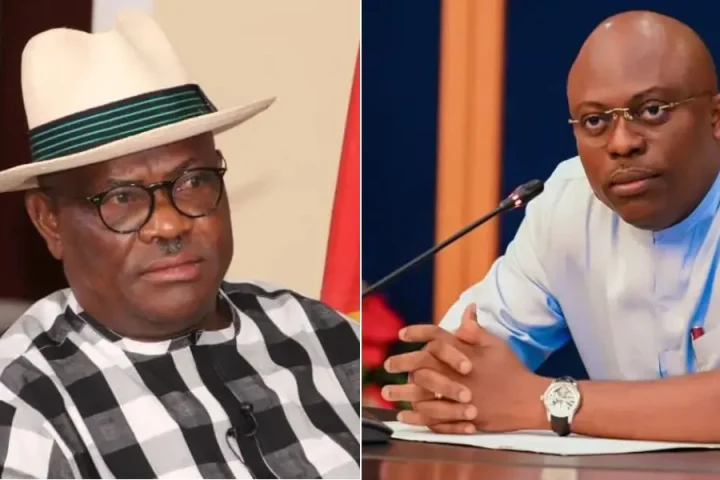








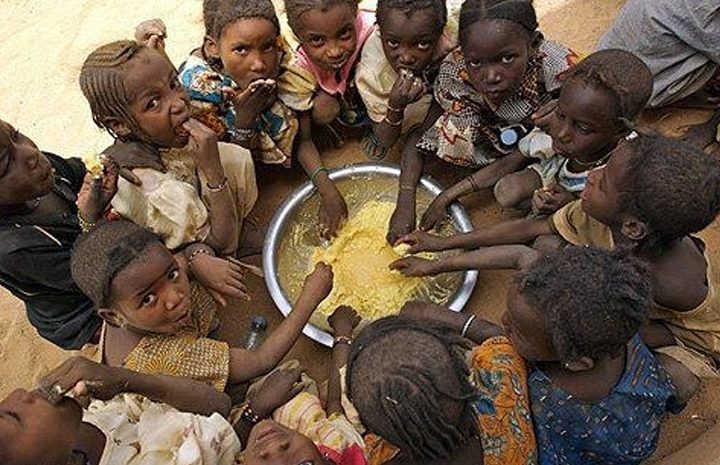
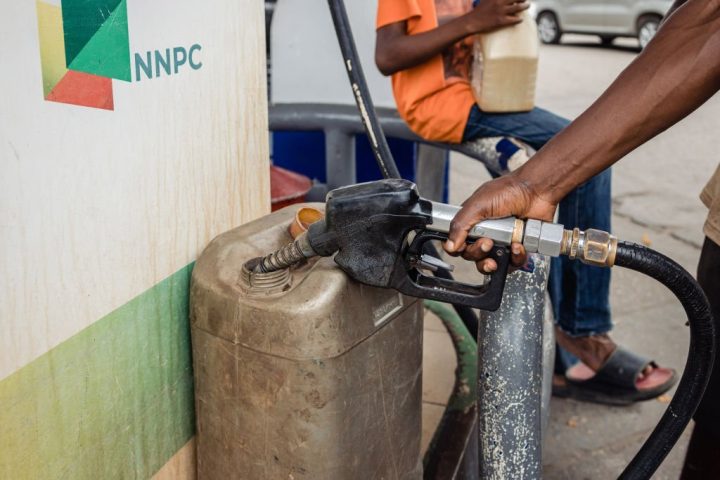

Follow Us